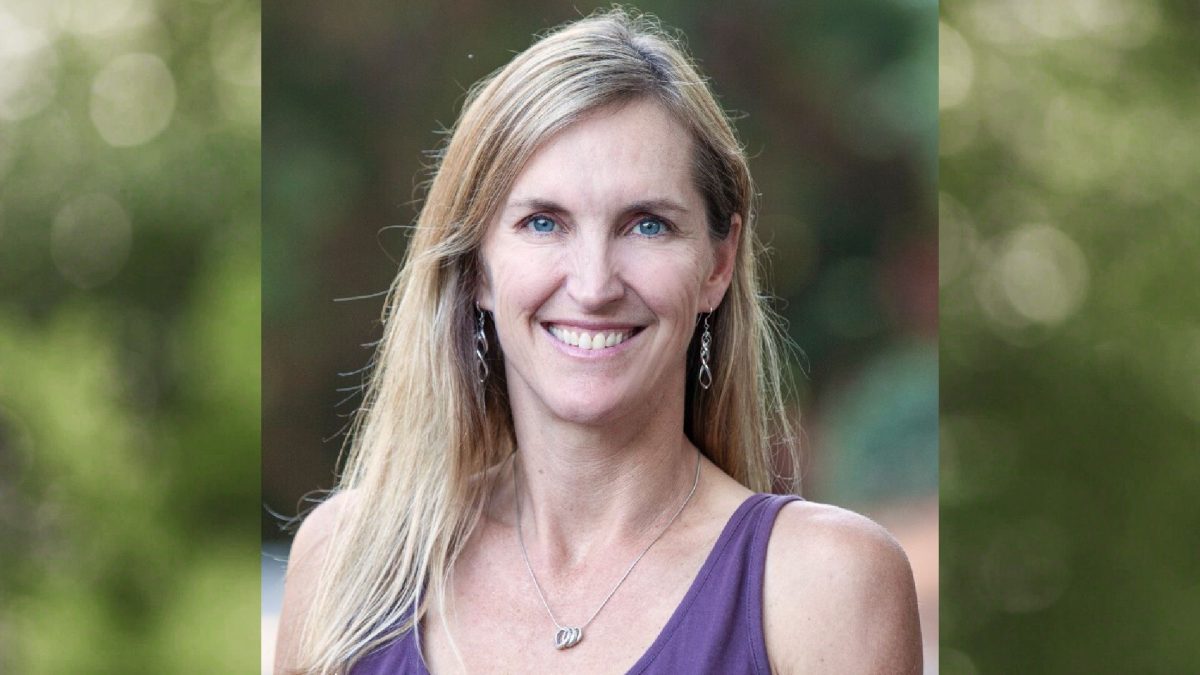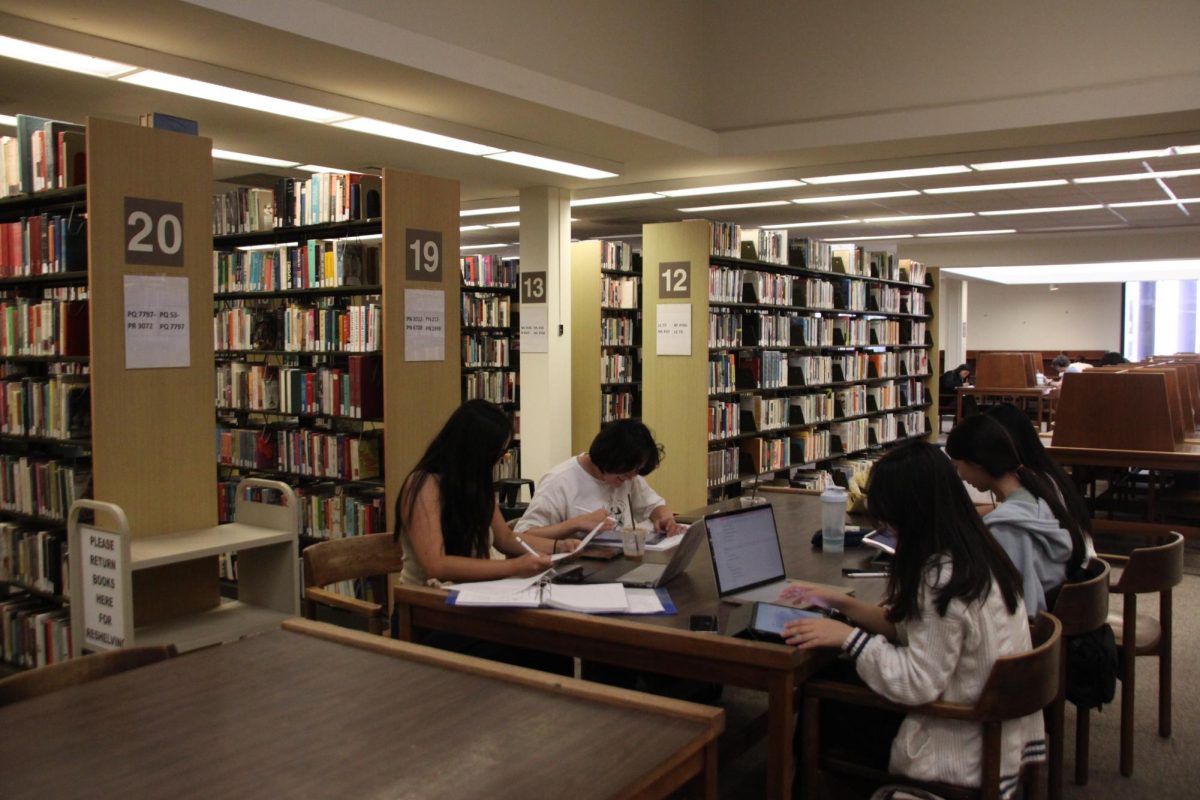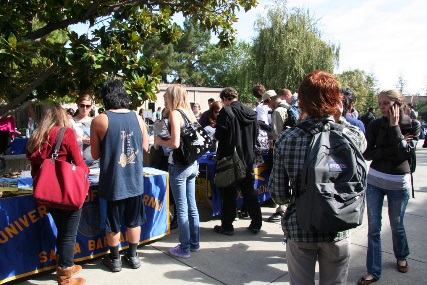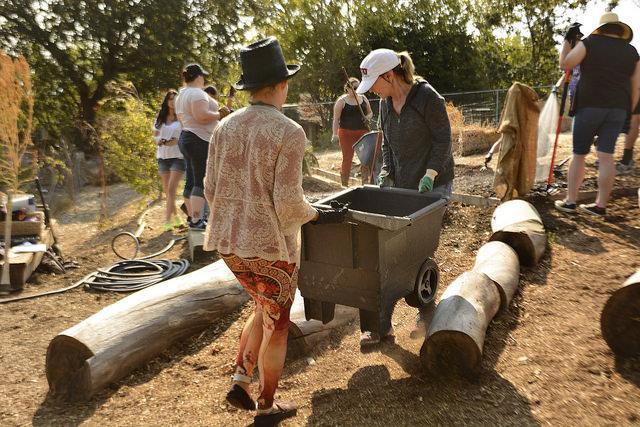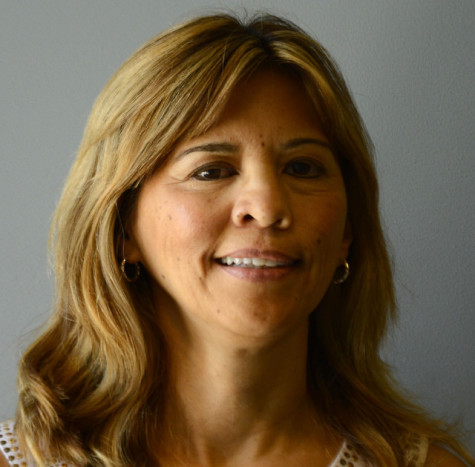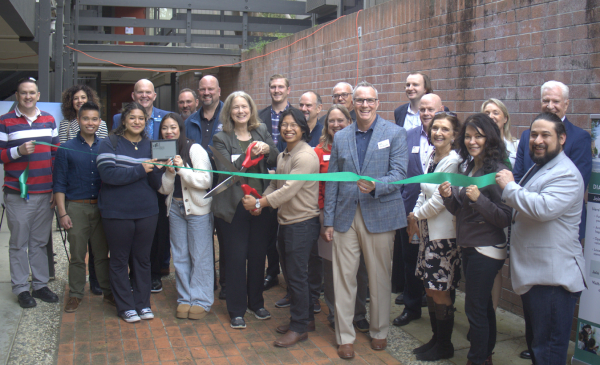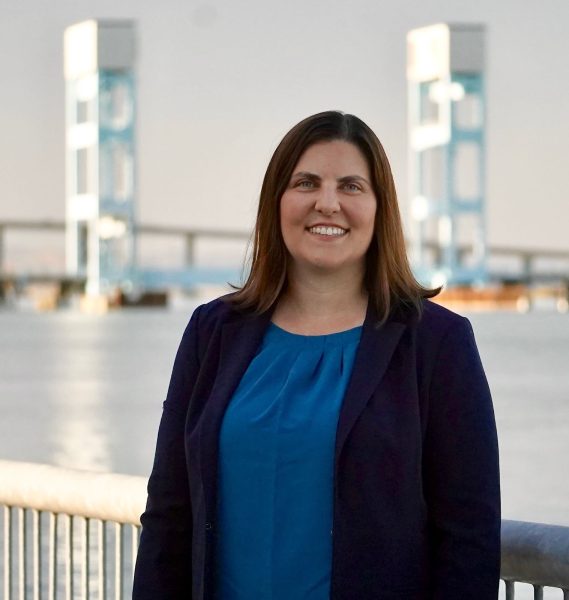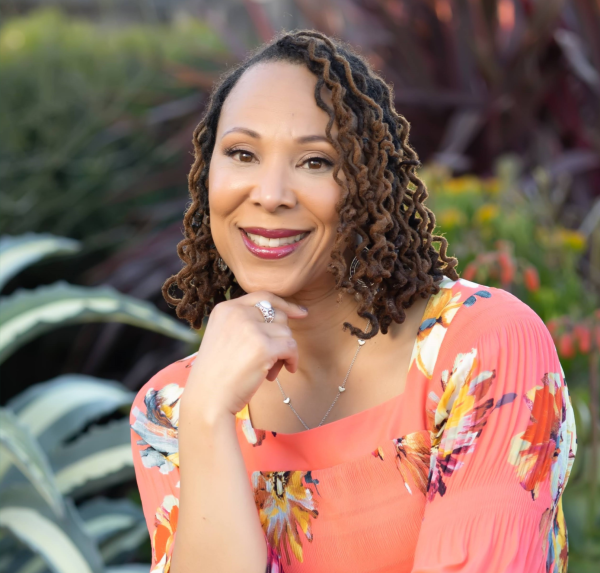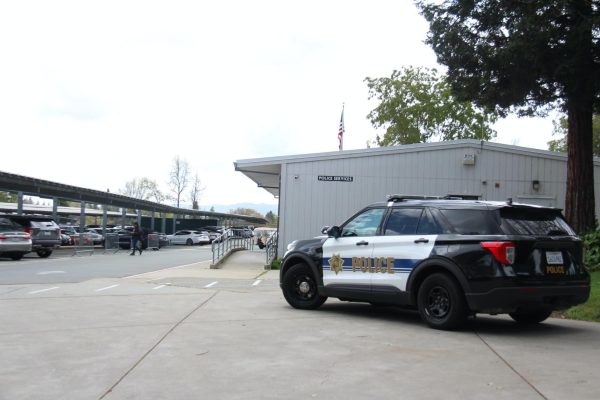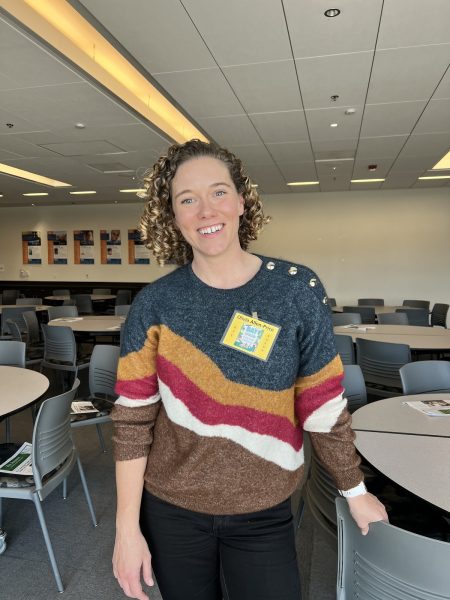Urban Farming plants the seed for sustainable gardening
Students in Urban Farming class learn to prepare soil for planting.
September 23, 2014
On a gently sloping hill overlooking tiered planting beds, 30 students gather within a makeshift amphitheater of recycled Eucalyptus logs. In the early morning sun they sit, listening to the speaker below as he lays out the day’s plan.
Before long, they’re moving about: digging, shoveling and hauling things up and down the terraced hillside.
Welcome to Urban Farming, DVC’s newest culinary arts course. With a nod to the budding interest in sustainable food and locally grown fare, the class allows students to experience the entire life cycle of fruits and vegetables, ultimately taking them from farm to table.
“Response has been great,” Chris Draa, culinary arts department chair, says. “Chefs are all interested in taking something from the ground and cooking and serving it as soon as possible.”
John Matthesen, who instructs the class, agrees.
“They like farm-to-table stuff because it’s really what’s happening in the industry these days. A lot of restaurants have small gardens or buy from urban farms. So it’s a resume builder for students.”
Culinary arts major Maria Ellis do Amaral says what attracted her to the class was an interest in gardening, but not just any gardening.
“Gardening the way they do it here,” she says. “No chemicals, no machines, just hard work.”
Through combined lecture and hands-on activity, students learn composting, soil preparation, seed starting, garden planting, harvesting and serving food—all within the seasonal plant cycles.
All the plants are organic, and sustainability is a key principle of Matthesen’s teachings.
It’s a popular buzzword these days, but what does sustainable really mean?
“What is the definition of sustainability? It’s all over the map,” Matthesen says. “But to me, it means don’t use up resources that can’t be replenished.”
Planted early in his students’ minds, this philosophy is cultivated and applied throughout the semester.
An example is the bamboo plant cage at the crest of the hill.
“Where I cut it,” Matthesen says, pointing to the jagged end of a bamboo stalk, “it grows back. So it’s a very sustainable product. Like a blade of grass.
“Whereas if it was a redwood tree and I cut it down, it’s not growing back. That’s not sustainable.”
Soil enrichment is another area where sustainable practices are applied. Instead of commercial fertilizers, students use compost made from DVC’s kitchen scraps, as well as crop rotation and earthworms–grown right on the farm–to aerate and enrich the soil.
The worm farm is one of the things that surprised and impressed Culinary Arts student Matt Wolfe. “I thought it was real interesting,” he says. He’s now thinking about building a worm farm for his home garden.
“Everything I’ve learned so far has been awesome,” student Briana Verdugo, says.
“It’s only the second class, but we’ve already learned about different (plant) species, and compost and just tons of stuff.”
And for those working toward a culinary arts certificate, the course addition is timely. The American Culinary Federation, the organization that grants accreditation to culinary arts programs, recently made urban farming class a program requirement.
So there’s something for everyone on this urban farm. A career stepping stone. A brush with nature. A green environment, and a sustainable food source.
“It’s healthier for us, it’s healthier for the environment, it’s healthier for our local economy,” Verdugo says. “It’s good all the way around.”





















